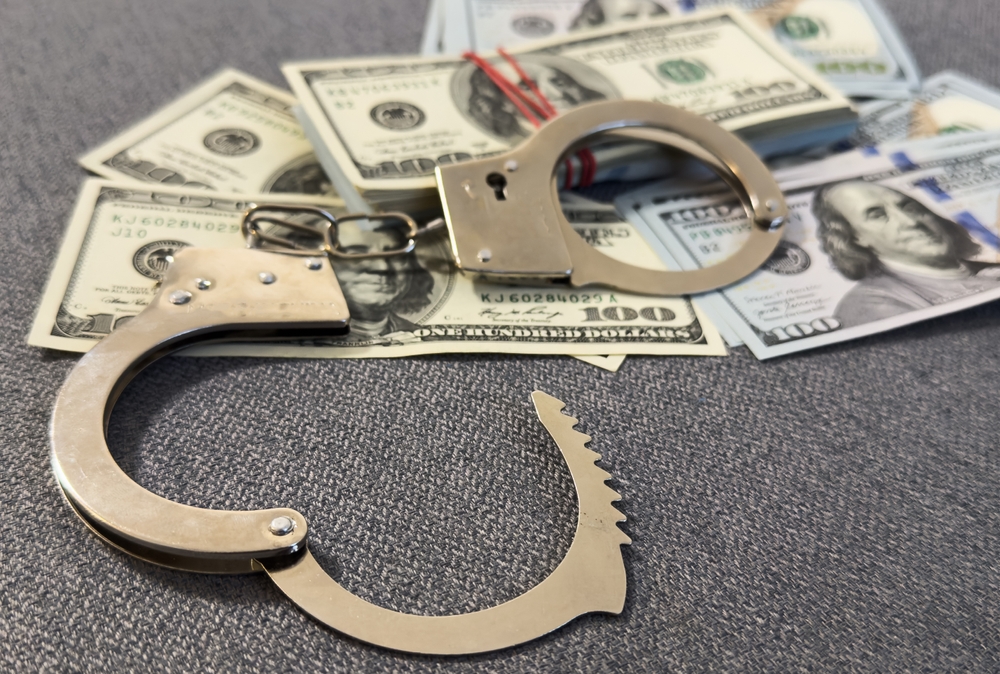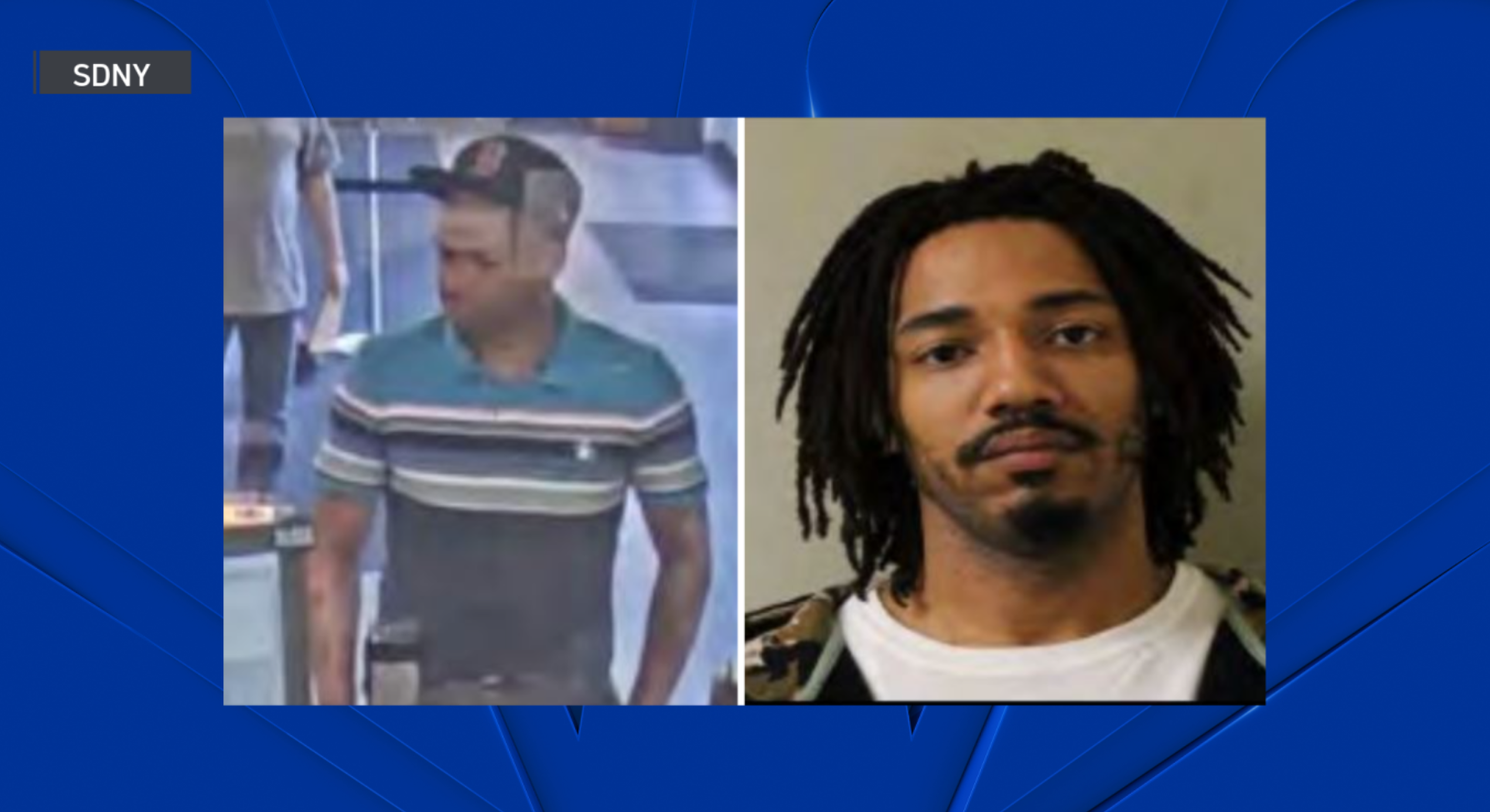$50M Check Fraud Case Highlights the Major Threat of Organized Crime Rings
- Four men have been accused of check fraud crimes
- "A massive, multi-million dollar scheme"
- They face 30 years in prison if convicted
In a shocking case of financial fraud, four men have been accused of stealing checks from the mail and cashing in over $50 million by altering the names and dollar amounts. This massive scheme stretched across multiple states, from New York to Florida, and involved sophisticated tactics to exploit the banking system.
The suspects, Michael Pena, Joshua Gutierrez, Harrington Delahoz, and Jaysen Dorsey, allegedly used stolen personal information to determine account balances before altering the checks to steal the money. They would then deposit the fraudulent checks at various financial institutions.
Numerous stolen checks were posted on the messaging platform for sale – and buyers were offered fake identifications that included social security numbers to help them cash the stolen and altered checks, investigators said.
This sophisticated scheme was in operation since April 2023, and the suspects allegedly boasted about its success on a messaging app to attract more buyers for their stolen checks.
The four men now face a maximum of 30 years in prison on the top federal counts if convicted. U.S. Attorney Jay Clayton described it as "a massive, multimillion dollar scheme to steal innocent victims money."
The Threat of Organized Crime Rings
Over the past three years, organized crimes rings have quickly absorbed check fraud into their operations. Some have adopted it as a way to boost their revenue, while others have completely switched to check fraud solely because of the ease with which they routinely succeed.

As noted in an earlier post, we are seeing are seeing a rise of specialization -- where fraud rings have evolved into sophisticated networks where different groups steal, alter, print, and deposit checks similar to an efficient and illicit assembly line. Some even "age" new bank accounts with legitimate-looking activity before using them for fraud, making detection harder for banks.
This particular case shows us that the reach of crime rings is massive, with their networks stretching along the entire east coast of the US.
Stopping Organized Check Fraud Rings Takes a Collaborative Effort
It's time for the banking industry to take a page out of the organized crime playbook and start collaborating with other parties to take on check fraud. FIs need to realize that taking on check fraud alone is nearly impossible.
It's vital for FIs to work with technology vendors, local and federal law enforcement, and their customer base to tackle check fraud challenges -- with each entity playing a major role. For instance, technology vendors like OrboGraph provide solutions such as Anywhere Fraud, which analyzes the images of checks to identify counterfeits, forgeries, and alterations. This will be part of an FIs check fraud detection strategy, along with other solutions like transactional analytics, consortium data, and dark web monitoring.

Additionally, FIs should be working with local and federal law enforcement to provide as much detail as possible when check fraud occurs, along with educating their customer base to prevent becoming victims.
Remember: Organized crime rings will continue to exploit checks as long as they are successful. By deploying the right technologies and collaborating with vendors, law enforcement, and their customer base, FIs can lower the success rate of organized crime rings and effectively deter their attacks.
